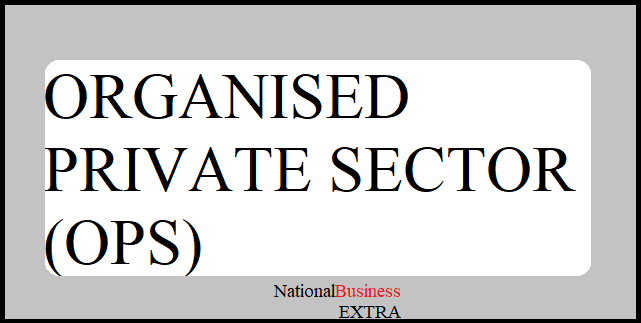The Organised Private Sector, OPS, has warned against immediate deployment of cashless policy as directed by the Central Bank of Nigeria, CBN, saying “the current business environment and available infrastructures are not ready for such deployment.” It said the policy is an overkill and exploitative.
Speaking through Nigeria Employers’ Consultative Association, NECA, the OPS contended that several sub-sectors of the economy would be negatively impacted by the cashless policy, as they were still predominantly cash dominated.
In a statement, Director General of NECA, Mr. Timothy Olawale, said that although the initiative is laudable in moving the economy on par with other emerging economies, however, the current business environment and available infrastructures are not ready for such deployment.
READ ALSO: PDP chieftain killed in Rivers
“Several sub-sectors of the economy will be negatively impacted by the policy, as they are still predominantly cash dominated. Some of these sectors include the Fast Moving Consumer Goods and Retailers, Downstream Oil & Gas Sector, Transportation Sector among others.
“While Corporate account holders are still battling with Stamp Duty charge of N50 on every eligible transaction above N1,000, Commission on turnover (COT ) of 0.1%, the about to come on stream 7.2% VAT, etc, with the additional 5% as processing fee for withdrawals and 3% as processing fee for lodgments of any amount above N3million, it is needless to say that the policy is an overkill, exploitative and would negatively impact the citizens.
“The country’s Doing Business Report (2019) rating of 146th out of 190 economies, this and other uncoordinated and unplanned policies will further bring hardship on the people and lead to further contraction of the economy.
We suggest an exemption for the sub-sectors aforementioned if CBN will still go ahead with its policy and call for its review. CBN should ensure that all Deposit Money Banks improve their facilities as against inefficiency in our payment platforms and reduce incidences of frauds. There is a need for wide consultation and stakeholders’ engagement on an ongoing basis before policy statements are made or concluded,” the statement said.


